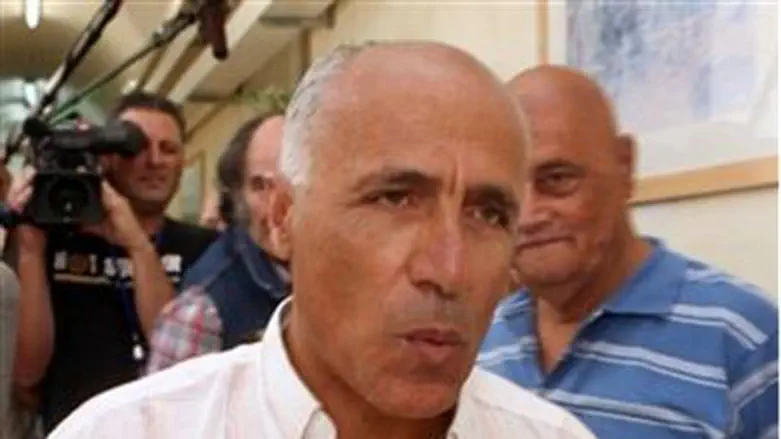
Convicted spy Mordechai Vanunu must remain in Israel, the High Court has ruled.
Vanunu had petitioned the court to annul the restrictions on him, which include a ban on leaving the country and on speaking to the press.
The court accepted the former nuclear spy’s argument that the restrictions on him should be regularly reexamined, but said that for the time being, security officials have met the burden of proof for leaving the restrictions in place.
Vanunu, a former nuclear technician, served 16 years in prison for treason and espionage after revealing Israel’s nuclear secrets to the foreign press. Security services say he possesses sensitive information which could compromise state security.
Vanunu has converted to Christianity. He told the court that as “a convicted spy, a traitor, an enemy and a Christian” he finds it impossible to live in Israel.
Justice Asher Grunis agreed with Vanunu’s attorney that the restrictions “seriously impinge on his daily life.” However, Grunis rejected Vanunu’s argument that the restrictions constitute a punitive measure. “The restrictions are intended to prevent future dissemination of classified material,” he determined.
“In recent years the court has examined the necessity of the restrictions several times, and each time has been convinced that they are necessary for state security,” he continued. “The evidence shown here, including the covert evidence, indicates that the plaintiff is still a source of classified information, and is not hesitant to disseminate the information.”
Grunis noted that previous restrictions on Vanunu had been cancelled as they were deemed no longer necessary.
He also noted that Vanunu appears to have done little to ease his own situation. Vanunu had complained over a restriction on meeting with foreign citizens.
“The lion’s share of the plaintiff’s violations of restrictions involve meeting with foreign citizens… The restrictions do not prohibit the plaintiff from meeting with foreign citizens and residents, but only require him to get authorization to do so in advance,” Grunis wrote.
“Over the past nine years the plaintiff has sought authorization on only two occasions, and both were authorized,” he continued. “The plaintiff would do well to act per the restrictive order before meeting with foreigners. This way he can expand the circle of people he is in touch with, and prevent repeat violations of the restrictive orders.”
Vanunu’s repeated violations make it more difficult for the state to trust his intentions, Grunis noted.